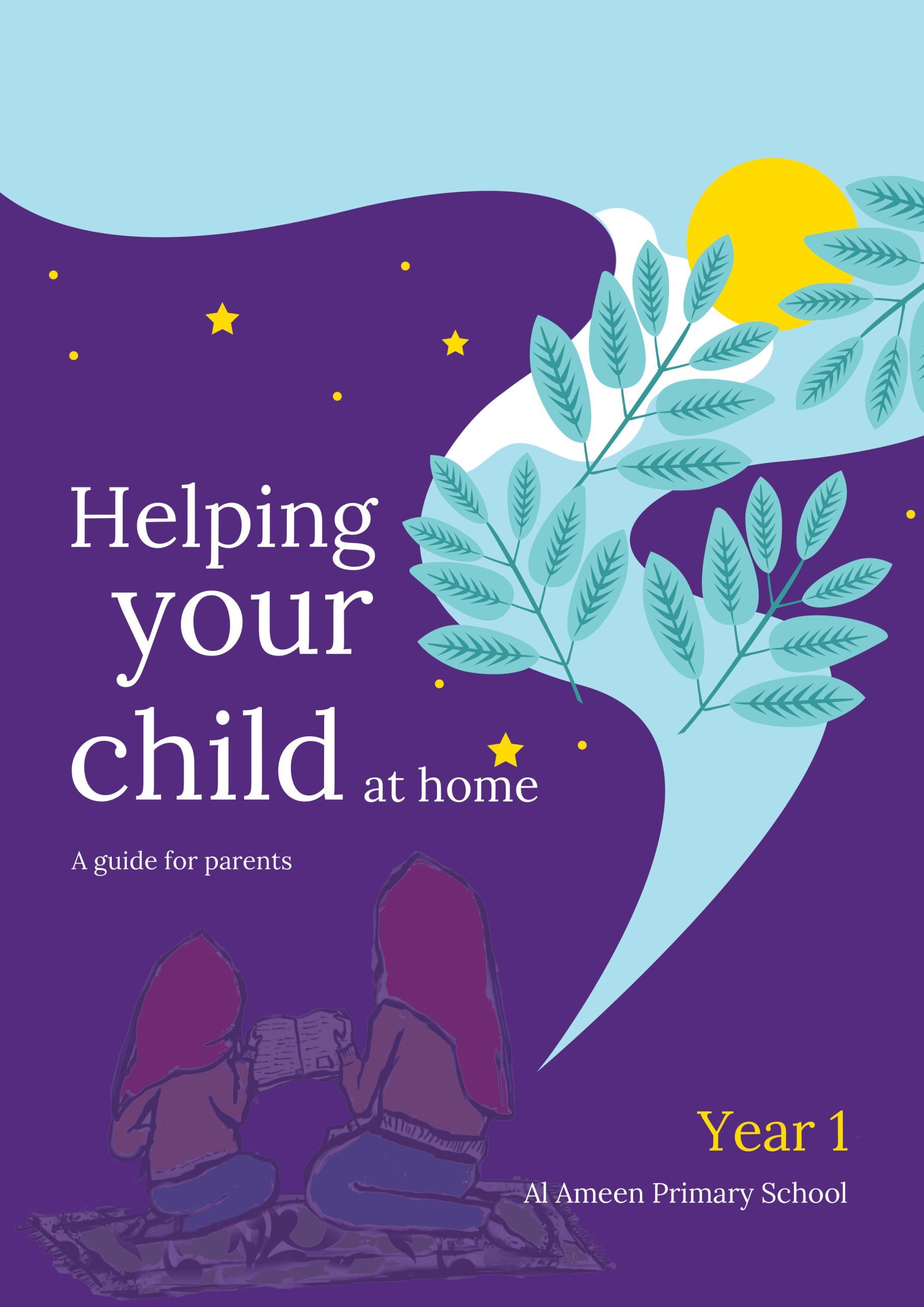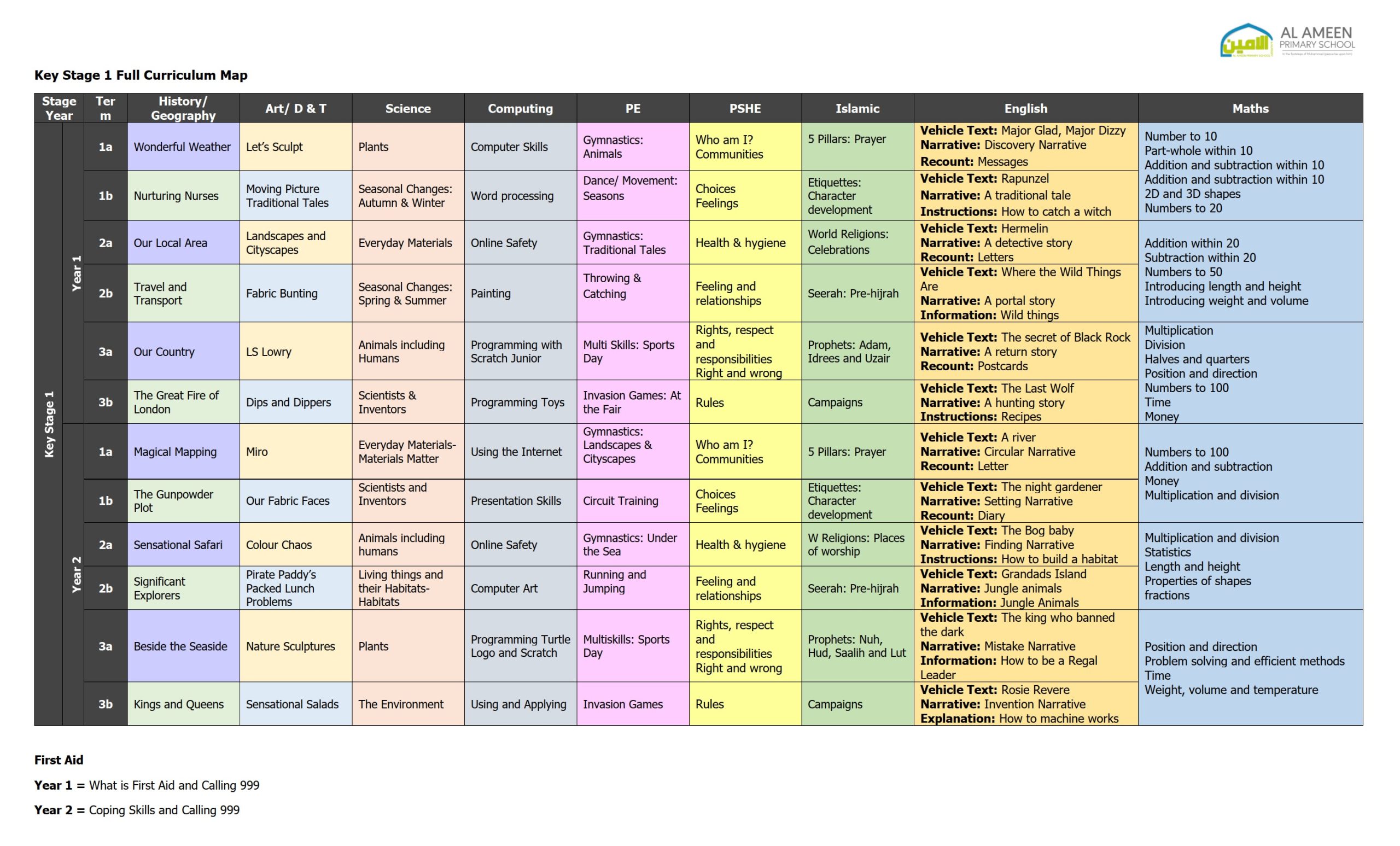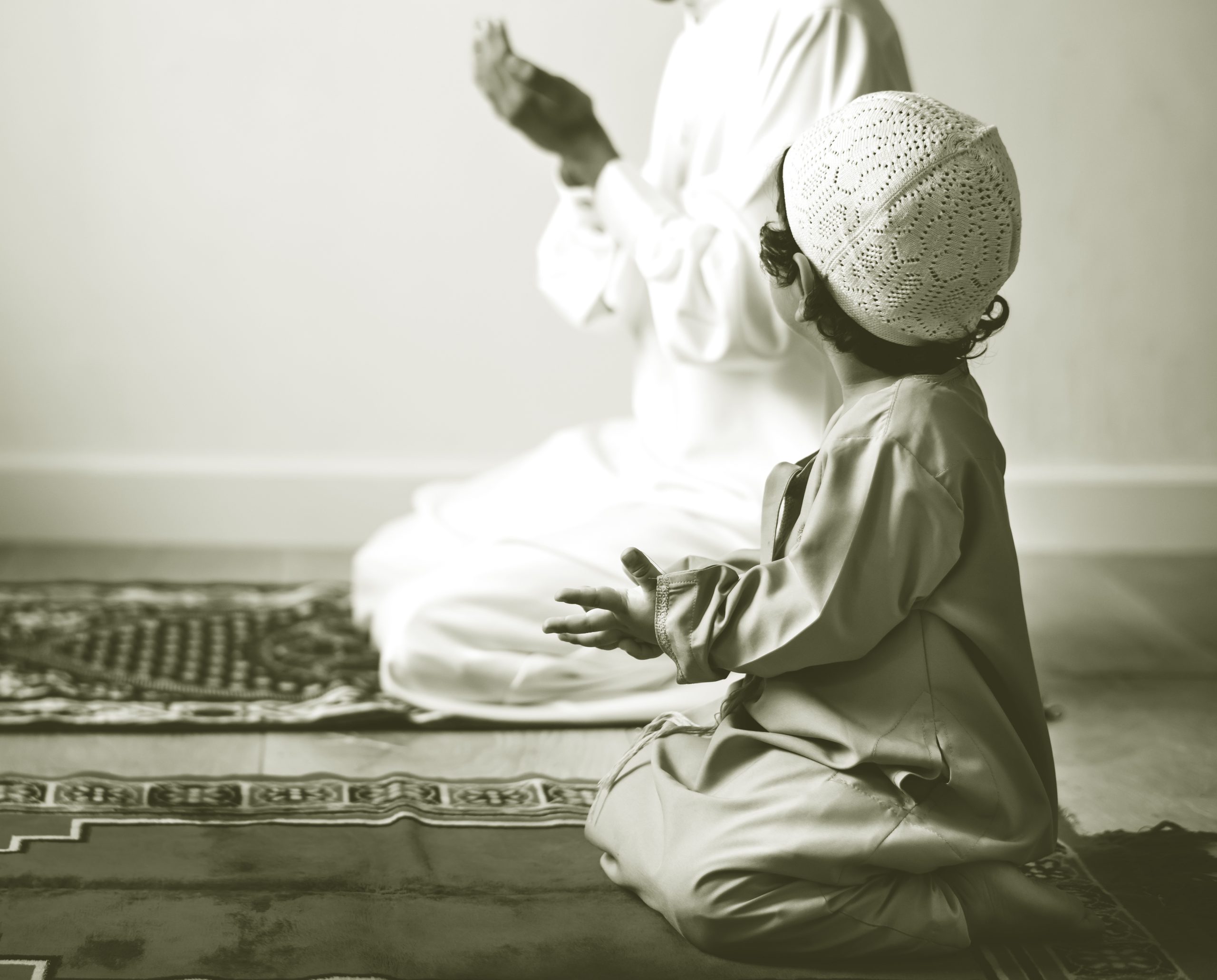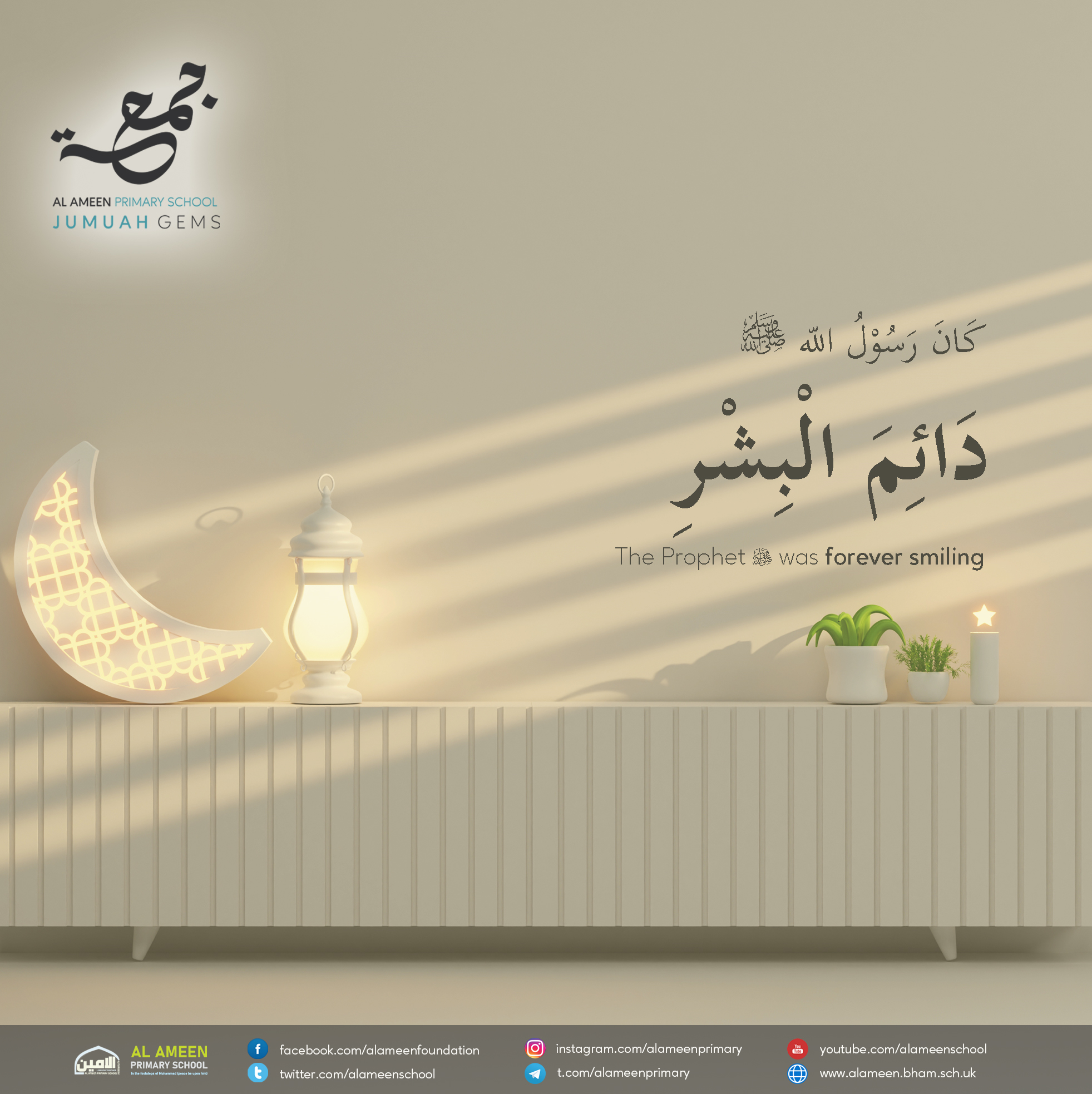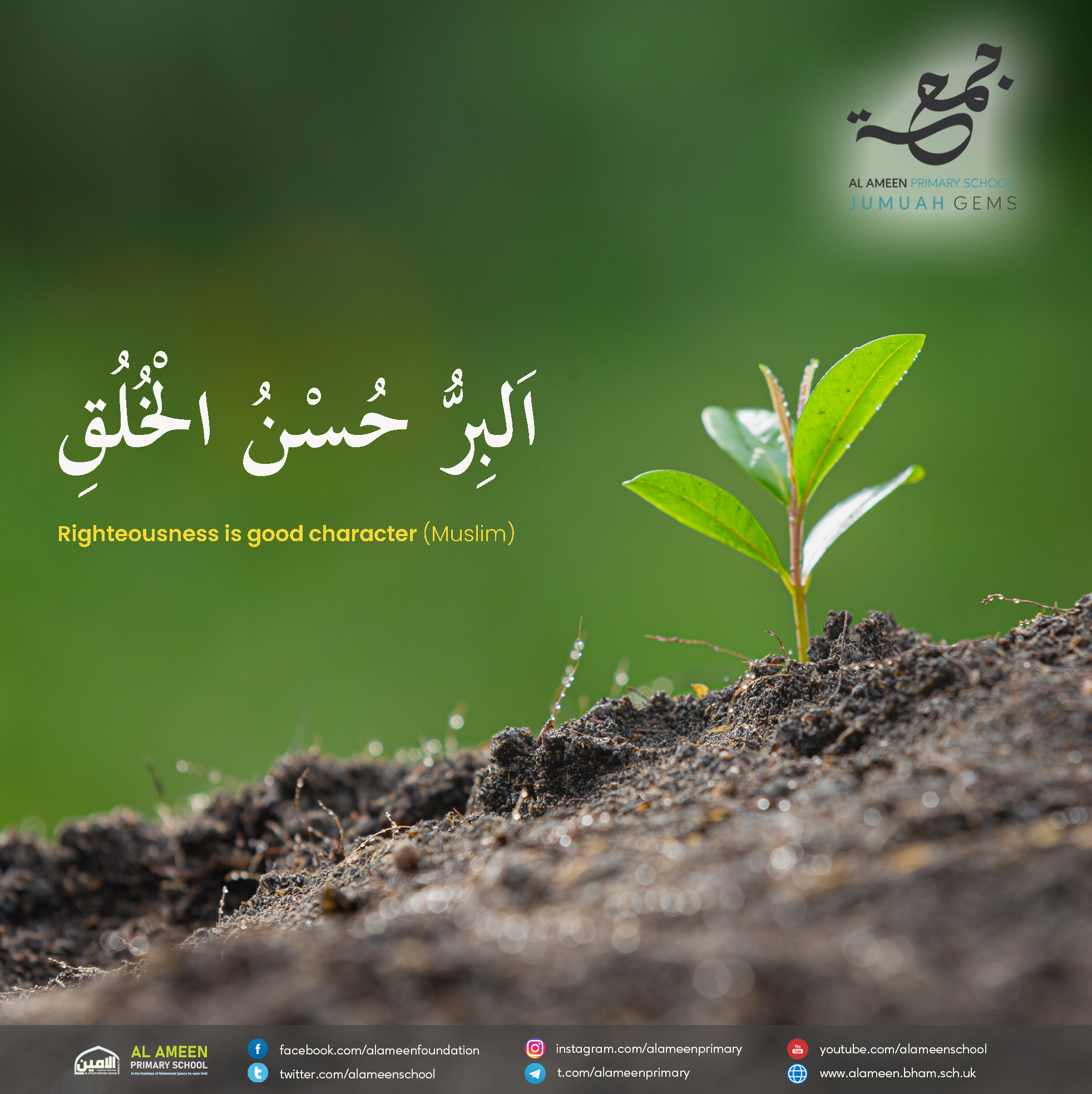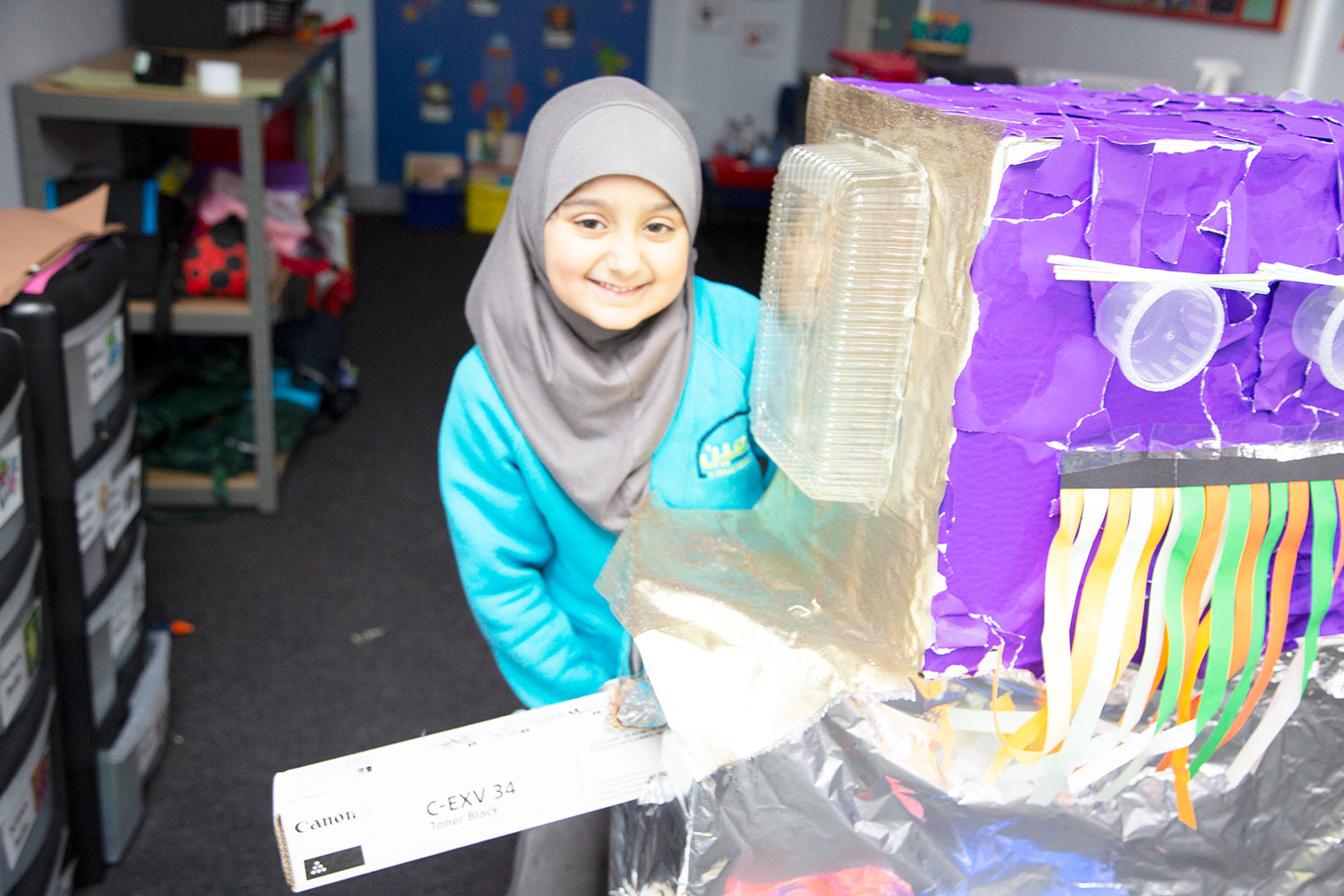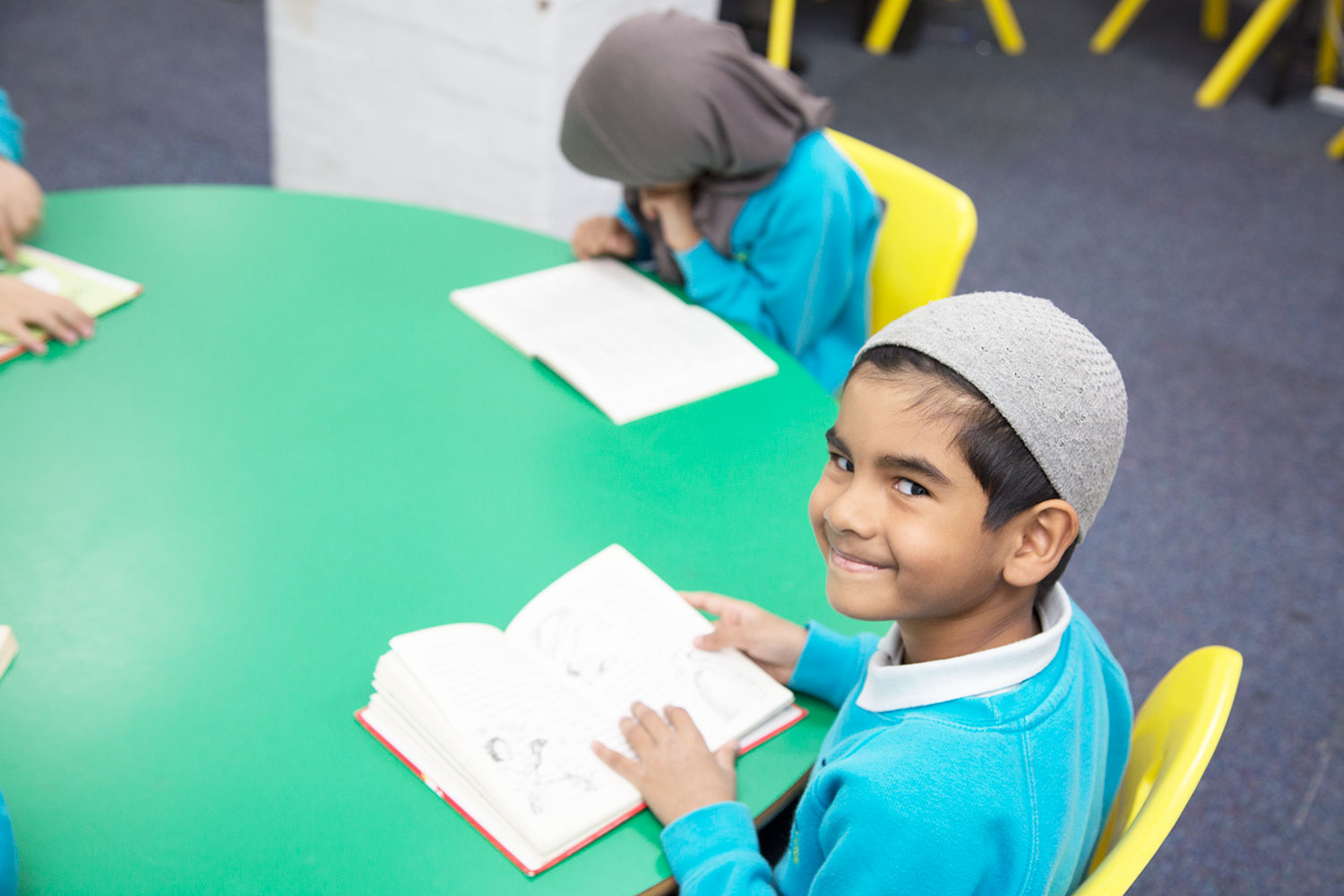Leaving Reception behind and moving into Year 1 can feel like a big step for both children and their parents. A good school will make the transition into Year 1 a smooth one. The children will still be learning through play, they will still be exploring, discovering and making plenty of use of their role-play corner. However, over the course of the year, your child’s day may be a little more structured than it was in Reception and they may have to sit at a table for a little longer than they are used to, but they will still also be learning in a variety of ways; while moving, exploring outdoors, in groups, on the carpet or walking around the school!
Phonics is a big part of Year 1. Your child will continue to expand on their knowledge of phonics and will probably surprise you with just how quickly they develop their reading. They will undertake phonics learning each day, just like they did in Reception. They will learn tricky words, spelling rules and how to sound out and blend to aid them with their reading and writing.
In our school, we use the scheme Read Write Inc to teach phonics. Read Write Inc. is a popular phonics scheme. Like all phonics schemes, it teaches children the sounds in English, the letters that represent them, and how to form the letters when writing. Read Write Inc. Phonics includes reading books written using only the letters they have learnt at each level (and a small number of separately taught tricky words). The children will quickly feel confident and successful.
In Year 1 everything starts to become a little more formal, as the freedom and play of Reception are replaced with more organised activities. In their English lessons, your child will learn the spelling, grammar and punctuation rules they need to write clearly. They will start to write their own simple stories and non-fiction texts and learn how to hold a pencil. They will be introduced to a wide range of texts that will develop their vocabulary.
Literacy is a daily lesson, made up of three aspects:
In Year 1, your child will start to build confidence working with numbers, through developing their counting and calculation skills. They will also gain an understanding of halves and quarters, start to measure and tell the time, and learn about some 2D and 3D shapes.
Your child will be taught to count forwards and backwards to 100, add and subtract numbers to 20, and be introduced to the idea of multiplying and dividing. They will be encouraged to use objects to help them solve simple problems in a practical way.
Much of your child’s learning will come from exploring and talking about maths in the world around them and there are simple things you can do at home to support their development.
In Year 1 science lessons, your child will use the following methods, processes and skills:
Children will learn about the following subjects:
Plants
Animals, including humans
Everyday materials
Seasonal changes
At Key Stage 1, children may be asked to learn about specific people or events that are both within and beyond living history. Teachers are more free to choose who or what they would like to teach about so there is a lot more variation between individual schools. Popular choices often include people like Neil Armstrong or Tim Peake, Grace Darling, or Florence Nightingale. Events such as the Great Fire of London, the first aeroplane flight, or themes such as castles or toys lend themselves very well to learning about the past. There will often be a very strong link to a local event or person.
In Years 1 and 2, your child will be asked to begin to develop a geographical vocabulary by learning about where they live, as well as one other small area of the United Kingdom and a small area in a contrasting non-European country. They will learn about weather patterns in the United Kingdom and hot and cold areas of the world. They will use ICT, world maps, atlases and globes, simple compass directions, aerial photographs and plans, as well as simple fieldwork and observational skills. Schools have flexibility to choose the areas they teach and there is considerable variation between schools in their approaches.
Computing is an essential skill for all children to learn, and an important part of the curriculum. Here’s what your child will be taught in Years 1 and 2.
Chances are your child already knows their way around your iPad and can navigate the internet like a pro, but computing lessons at school are more than just a bit of fun.
The core of computing is computer science, where children are taught the principles of information and computation and how digital systems work. They begin to learn the skill of programming, creating programs, systems and a range of content. Computing also links in with maths, science and design technology, and can be integrated into almost every subject your child studies at school.
In the new curriculum computing is seen to be a foundational subject, vital in helping children understand the digital world around them. Computational thinking is more about teaching kids problem-solving than coding languages, and the intellectual skills they’ll gain will be useful for whatever they do in life.
In Years 1 and 2, your child will be taught to:
The main emphasis at Key Stage 1 PE is on the physical development of basic motor skills. Children learn to control objects, apparatus and themselves physically in a variety of situations. They experience progressively more difficult tasks and attempt an increasing range of activities.
Your child will have opportunities to create, refine and perform travelling movements, rotation and balances on gymnastics apparatus. Gymnastics and dance allow possibilities for children to express themselves creatively, too. Your child will also develop key skills, such as throwing and catching which provide numerous opportunities to practise important motor skills – handy for basketball, cricket and netball later on.
Islamic Studies is a key part of the school’s curriculum. Through Islamic Studies, children develop a send of identity and belonging. They learn how their faith connects them to one another and to people of other cultures and backgrounds. Through Islamic Studies, children build the confidence needed to face the challenges of the modern world and be well rounded upright citizens. Islamic Studies also provides an opportunity for learners to talk about their emotions and understandings of Islam and to move them on from what they already know. Within Islamic Studies, children learn about their own faith and about other world religions.
In Year 1, children will learn about worship and how we pray to Allah. They will learn about Islamic ettiquette and developing good habits. They will also learn about prophets of the past and the life of our beloved prophet (peace be upon him).
Curriculum Policy
Class Timetable
Calculation Policy
Term 1a Overview
Term 1b Overview
Term 2a Overview
Term 2b Overview
Term 3a Overview
Term 3b Overview

